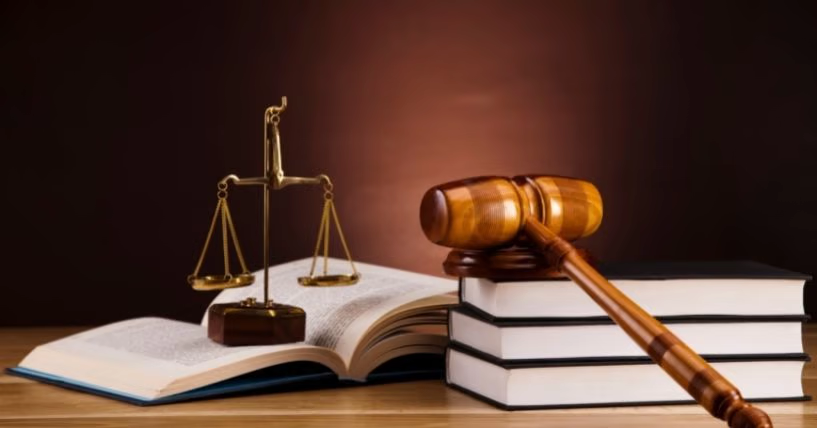
Due to the ongoing COVID-19 pandemic, people continued to work from home in various countries, and travel was restricted to a great amount. The video linked and online proceedings have become a part of life. Mediation, arbitration and other forms of alternative dispute resolution have been increasingly used to address delays and backlogs in court processes. Many civil law lawyers now address court cases and represent their clients online.
Even though courts have opened and live hearings have returned, yet it seems some of the new ways of working are here to stay. The use of technology for shorter and interlocutory hearings and court filing is not going anytime soon. The physical meeting of people has been reduced greatly due to this pandemic, and much importance has been given to technology.
A global view draws together evaluation, thought leadership and highlights from dispute resolution teams around the globe. This guide summarises a selection of important developments in dispute resolution from 2021 and culminates many necessary developments in 2022.
Some of the dispute resolution law highlights in Australia in 2022 are-
Under the Online Safety Act 2021 that takes effect from January 2022, online service providers will be under more pressure to take down cyber abuse, image-based abuse, seriously harmful online content and cyberbullying. The eSafety commissioner can have new powers to ensure law enforcement and form industry standards.
A broad privacy law reform is expected by the year 2022. Previously, the Australian government flagged a review that included stricter law needs for how and when consent is obtained. This also included an updated definition of ‘personal information and improved enforcement powers for the Office of the Australian Information Commissioner (OAIC). Any changes in the area can be heavily examined in light of COVID-19 and personal privacy being very important in Australian minds.
Litigation is used in an enhanced manner to seek to force government and businesses to act on climate-related risks and climate change. This trend is expected to continue, and claimants are busy testing different litigation pathways that include claims based on tort law, human rights and corporate disclosure laws.
The dispute resolution law highlights from 2021 are-
In May, the High Court refused the Commissioner of Taxation leave to appeal from the decision of the Full Federal Court in an important transfer pricing dispute. The case dealt with pricing and contractual arrangements changes between Glencore (owner and operator of an Australian-in mine) and its Swiss parent. The dispute was related to the sale of copper concentrate. A big role was played by building dispute lawyers in this case.
The decision made had a significant implication for the interpretation of Australia’s domestic transfer pricing provisions. The decision will be of great interest outside of Australia.
In Sharma V Minister for the Environment, the Federal Court ruled that the federal environment minister has a certain duty to protect the children of Australia from problems related to climate change. The Court asked the minister to make good use of the powers under the EPBCA. In return, the minister appealed to the Court.
An independent review of the EPCBA identified much needed key reforms that included new and legally enforceable national environmental standards, indigenous engagement and independent oversight/enforcement.
The ACCC finalised two cases in 2021. In one of the cases, the Federal Court ordered three international shipping participants to pay an enhanced penalty of $83.5 million. This is one of the largest criminal cartel fines awarded in Australia.
In another case, the managing director and a former employee were all discharged of criminal cartel offences. It was the first Australian case that involved criminal cartel charges against individuals and the first criminal competition law matter in Australia to be heard before a judge.
When a person owns a business, there will certainly be disagreement between partners, and sometimes it could take an ugly turn and head to Court. To solve such disputes, for instance, in matters related to building and construction, building and construction lawyers can be hired to solve the problem. Various firms in Perth can provide civil lawyers, but not every firm will provide one with good lawyers.
One could associate with civil lawyers Perth WA to ensure they get the best civil lawyers to guide them in disputes. These lawyers can solve disputes between a business and its partners before it escalates to the Court.